In a landmark study that could reshape our understanding of autoimmune diseases, researchers have uncovered compelling evidence connecting gut microbiota to the development and progression of rheumatoid arthritis (RA). The findings, published in a prestigious medical journal this week, suggest that the complex ecosystem of microorganisms living in our digestive tract may play a far more significant role in RA than previously believed.
The research team, comprising scientists from multiple international institutions, spent five years analyzing stool samples from over 1,200 participants across three continents. Their meticulous work revealed distinct patterns of microbial imbalance in RA patients compared to healthy controls. What makes this discovery particularly remarkable is the consistency of these microbial signatures across diverse populations, pointing to fundamental biological mechanisms rather than regional or dietary variations.
Dr. Elena Rodriguez, lead author of the study from the University of California, explained, "We've identified several bacterial strains that appear either abnormally abundant or conspicuously absent in RA patients. These microbes aren't just passive bystanders - our data shows they actively influence inflammatory pathways implicated in joint damage."
The investigation went beyond mere correlation by demonstrating how specific gut bacteria can trigger immune responses that attack joint tissues. Through sophisticated genomic sequencing and animal models, researchers traced how certain microbial metabolites enter the bloodstream and activate pathogenic T-cells. These rogue immune cells then migrate to joints, where they initiate the characteristic inflammation of RA.
Perhaps most intriguing is the discovery that microbial changes precede clinical symptoms by months or even years. This temporal relationship suggests gut dysbiosis might contribute to RA onset rather than simply resulting from the disease. The team identified particular microbial patterns that predicted future RA development with surprising accuracy in their longitudinal cohort.
Clinical Implications and Future Directions
These findings open exciting possibilities for RA prevention and treatment. Current therapies primarily focus on suppressing the immune system after damage occurs. The new research points to potential interventions that could correct microbial imbalances before destructive inflammation begins. Several pharmaceutical companies have already initiated programs to develop next-generation probiotics or microbial-targeted drugs based on these discoveries.
However, experts caution that translating these findings into clinical practice will require careful validation. Dr. Michael Chen, a rheumatologist not involved in the study, noted, "While these results are extraordinarily promising, we need large-scale clinical trials to determine whether modulating gut microbiota actually changes disease outcomes. The human microbiome is incredibly complex, and interventions might have unintended consequences."
The research team is now expanding their work to investigate whether similar mechanisms operate in other autoimmune conditions. Preliminary data suggest parallel findings in psoriatic arthritis and ankylosing spondylitis, potentially revealing a common microbial thread among inflammatory disorders. They're also exploring how factors like antibiotics, diet, and environmental exposures interact with genetic risk to shape the RA-associated microbiome.
As the scientific community digests these findings, one thing becomes clear: the age of viewing autoimmune diseases solely through the lens of immune malfunction is ending. Our growing understanding of the gut-joint axis promises to revolutionize how we prevent, diagnose, and treat rheumatoid arthritis in the coming decades.

By /Jul 25, 2025
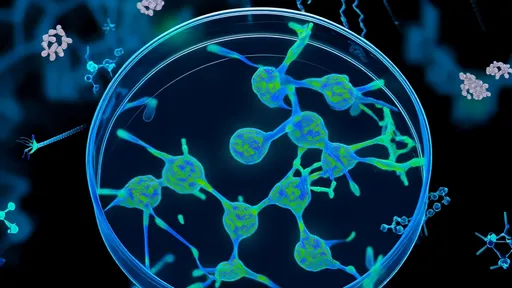
By /Jul 25, 2025
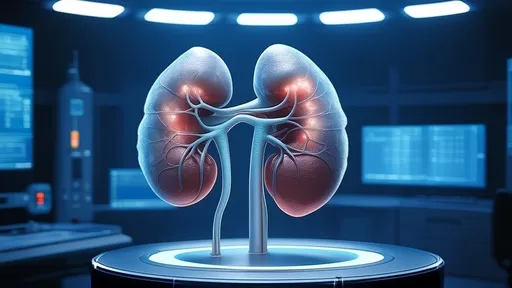
By /Jul 25, 2025

By /Jul 25, 2025

By /Jul 25, 2025

By /Jul 25, 2025

By /Jul 25, 2025

By /Jul 25, 2025

By /Jul 25, 2025

By /Jul 25, 2025
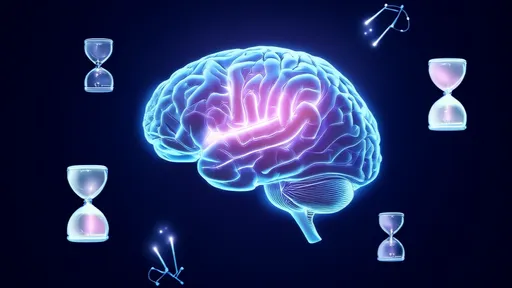
By /Jul 25, 2025

By /Jul 25, 2025

By /Jul 25, 2025
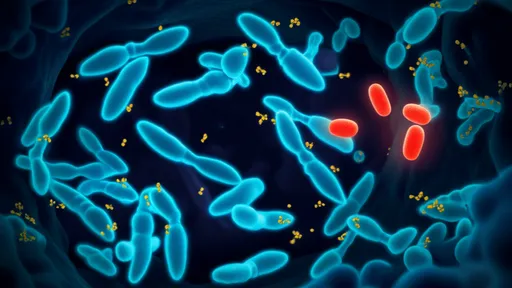
By /Jul 25, 2025

By /Jul 25, 2025

By /Jul 25, 2025

By /Jul 25, 2025
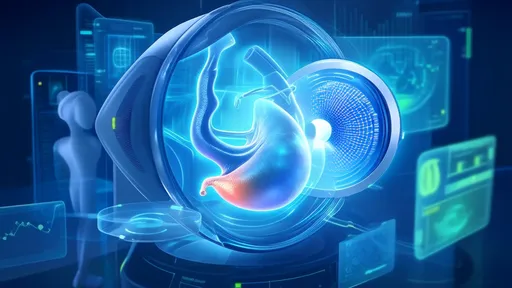
By /Jul 25, 2025